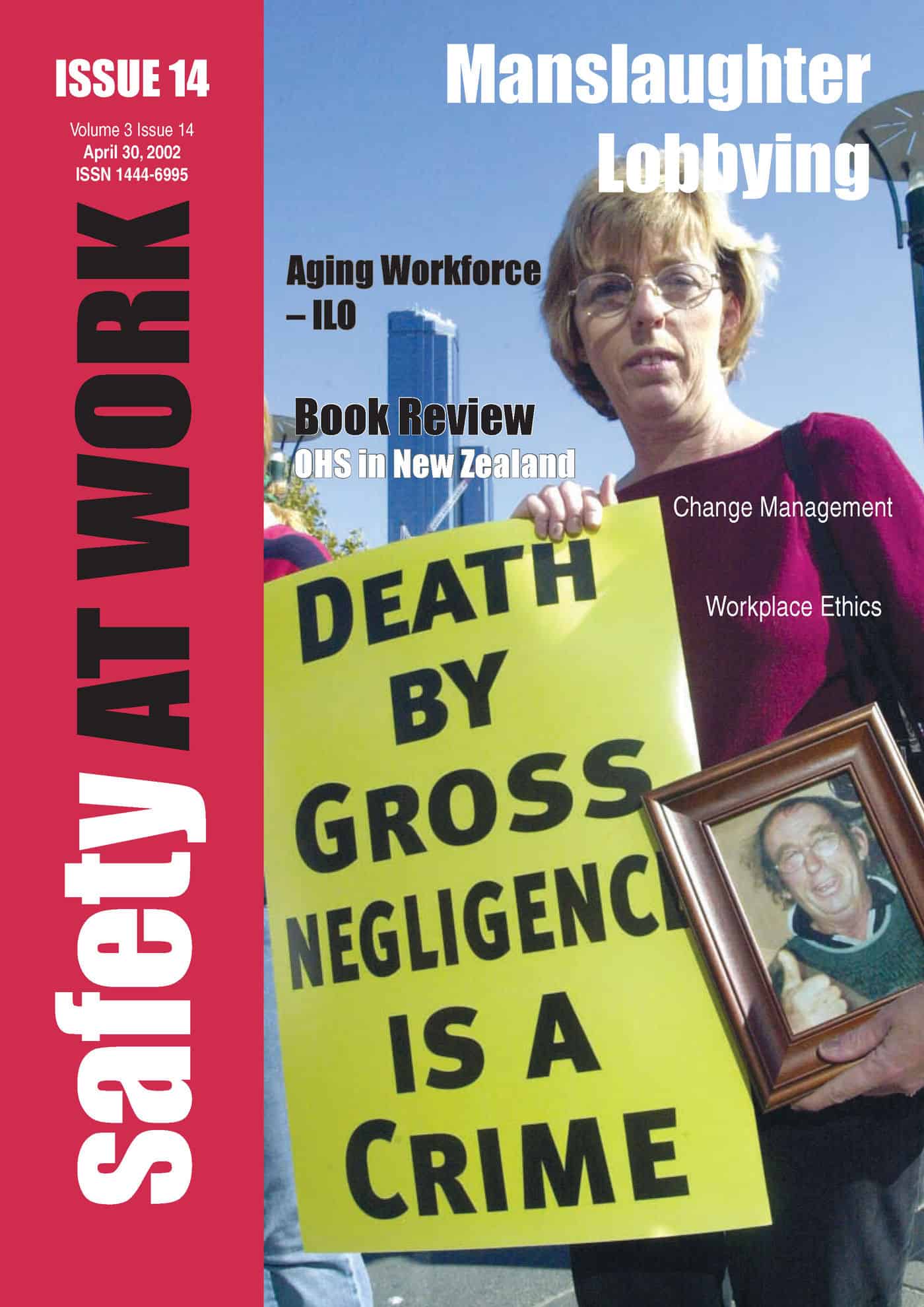Within the last week, Victoria’s State Premier, John Brumby, lost an election allowing the conservative parties in the Australian State to gain power, narrowly, after over a decade in isolation. Election pledges are now only of historic interest but let’s look at a couple.
The crime of workplace bullying
According to the Australian Financial Review on 2 November 2010 (not available without subscription), John Brumby pledged to have a legal review into the “creation of the offence of bullying under the Crimes Act”. The Victorian Chamber of Commerce & Industry‘s (VECCI) Steven Wojtkiw opposed the pledge because existing OHS laws were sufficient. Taking the election context away for a moment indicates a challenge for those anti-bullying advocates. Wojtkiw is quoted as saying
“To introduce a greater level of legislative prescription in the area may only add to the increasing complexities already being confronted by employers in managing a modern workplace.”
It could be argued that if industry had already introduced an appropriate approach to reducing the likelihood of bullying in the workplace John Brumby would never have felt the need to make such a pledge. In many cases, anti-regulation laissez-faire business lobbyists could reduce the “insidious elements of the nanny state” by doing right by their workforce in the first place.
Bullying and harmonisation
Michael Tooma of Norton Rose is quoted in the same article but Tooma uses Brumby’s pledge as an example of another but different nail in the coffin of Federal OHS reform. Continue reading “Election failure, missed opportunities on bullying”


 The policy has been allowed to fade from the books of most of the Australian left-wing parties but for a while, corporate manslaughter was THE issue. In fact over the last 10 years, it has been the only time that directors and CEOs from thousands of companies have paid serious attention to safety management.
The policy has been allowed to fade from the books of most of the Australian left-wing parties but for a while, corporate manslaughter was THE issue. In fact over the last 10 years, it has been the only time that directors and CEOs from thousands of companies have paid serious attention to safety management.